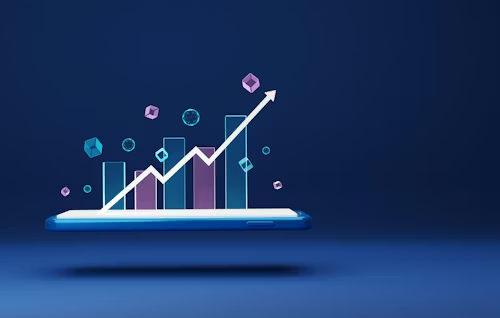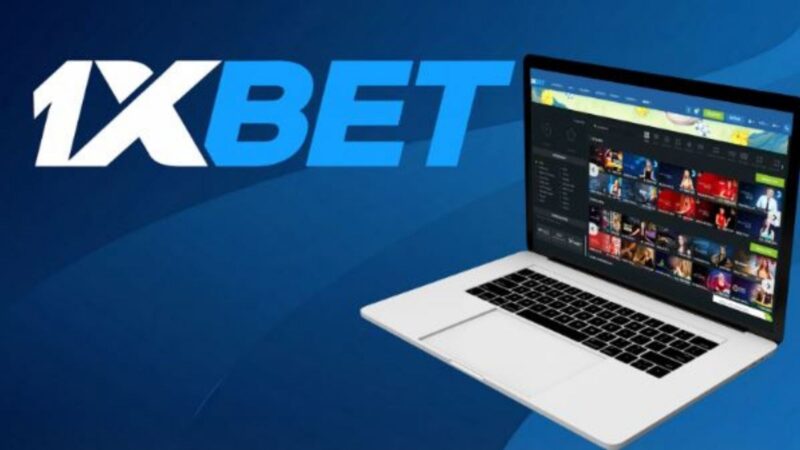
Blockchain technology has evolved from a niche innovation into a powerful tool for solving real-world challenges across various industries. At its core, blockchain is a decentralized ledger that ensures transparency, immutability, and security in data transactions. This makes it a game-changer for industries dealing with sensitive information and complex processes.
The development of blockchain technology and custom blockchain solutions have expanded significantly, driven by the rise of smart contracts, decentralized applications (dApps), and interoperability solutions. Modern blockchain platforms like Ethereum, Binance Smart Chain, and Solana offer developers robust frameworks to build scalable and efficient applications. These advancements are enabling businesses to adopt blockchain not only for cryptocurrencies but also for practical solutions across finance, healthcare, supply chain, and beyond.
With its vast potential, blockchain is being embraced by startups and enterprises alike, propelling its adoption into mainstream technology. Let’s explore the top use cases for blockchain in 2024 that are driving innovation and transforming industries.
Decentralized Finance (DeFi): Revolutionizing Financial Services
Decentralized Finance, or DeFi, remains a leading blockchain use case in 2024. DeFi eliminates intermediaries like banks by enabling peer-to-peer transactions and smart contracts.
Key applications include:
- Lending and Borrowing: Platforms like Aave allow users to lend and borrow assets without a bank.
- Decentralized Exchanges (DEXs): Users can trade cryptocurrencies directly without centralized exchanges, ensuring better security and lower fees.
With a market growing exponentially, DeFi is democratizing finance, making it accessible to the unbanked and underbanked populations globally.
Supply Chain Management: Enhancing Transparency
Blockchain’s ability to create immutable records makes it invaluable for supply chain management. Companies are leveraging blockchain to improve transparency and traceability.

Use cases in supply chain:
- Food Safety: Platforms like IBM Food Trust ensure every step in the food supply chain is recorded, from farm to table.
- Counterfeit Prevention: Luxury brands use blockchain to authenticate goods and prevent counterfeiting.
This technology reduces fraud, enhances accountability, and boosts consumer trust.
Healthcare: Transforming Patient Data Management
In 2024, blockchain is solving one of healthcare’s biggest challenges—secure and seamless data sharing. By storing patient records on decentralized ledgers, blockchain ensures data privacy and accessibility.
Key applications:
- Interoperable Medical Records: Blockchain platforms allow healthcare providers to access patient records in real time while maintaining confidentiality.
- Drug Supply Chain: It helps track pharmaceuticals, reducing counterfeit drugs in the market.
These advancements are enhancing patient care and saving lives by ensuring accurate, secure data access.
NFTs and Digital Assets: Expanding Beyond Art
Non-Fungible Tokens (NFTs) have evolved significantly since their inception. In 2024, NFTs go beyond art and gaming to find applications in real estate, identity verification, and intellectual property.
Emerging NFT use cases:
- Real Estate Tokenization: NFTs represent property ownership, making real estate transactions faster and more secure.
- Digital Identity: NFTs enable individuals to prove ownership of digital assets or credentials.
This evolution is broadening blockchain’s adoption and utility in everyday life.
Blockchain in Gaming: Powering Play-to-Earn Models
The gaming industry has fully embraced blockchain, with play-to-earn models and metaverse integrations becoming mainstream. Gamers can now own in-game assets, trade them, and even earn real-world value.
Popular applications:
- Metaverse Integration: Blockchain ensures interoperability across virtual worlds.
- Ownership of In-Game Assets: Players can own and sell items like skins, weapons, or virtual land as NFTs.
Blockchain is not only enhancing user experiences but also creating new revenue streams for developers.
Cross-Border Payments: Simplifying Global Transactions
Blockchain is transforming the cross-border payments landscape by reducing transaction times and fees. Traditional methods can take days, while blockchain processes payments in minutes.
Key benefits:
- Reduced Costs: Blockchain eliminates intermediaries, significantly lowering fees.
- Enhanced Speed: Transactions are nearly instantaneous, regardless of geographic location.
Major financial institutions are adopting blockchain-based solutions like Ripple and Stellar to streamline international money transfers.
Digital Identity Verification: Improving Security
In 2024, blockchain is at the forefront of digital identity management. Traditional systems often suffer from data breaches, but blockchain provides a decentralized, tamper-proof solution.

Applications include:
- Self-Sovereign Identity: Individuals control their own data, sharing it only when necessary.
- Secure Authentication: Blockchain reduces identity theft by verifying credentials securely.
These systems enhance trust and security across online platforms, from banking to social media.
Blockchain in Renewable Energy: Facilitating Decentralized Grids
Blockchain is enabling the transition to decentralized energy systems. By using smart contracts, energy producers and consumers can trade directly without intermediaries.
Key use cases:
- Peer-to-Peer Energy Trading: Homeowners with solar panels can sell excess energy to neighbors.
- Carbon Credit Trading: Blockchain tracks carbon credits, ensuring transparency in emissions reporting.
This innovation is driving sustainability and efficiency in the energy sector.
Government and Public Services: Enhancing Transparency
Governments are adopting blockchain to improve transparency and efficiency in public services.
Notable applications:
- Voting Systems: Blockchain ensures tamper-proof, verifiable election results.
- Land Registries: Immutable records reduce fraud in property ownership.
These implementations build trust and reduce corruption in public administration.
Blockchain in Education: Credential Verification
Educational institutions are using blockchain to issue and verify credentials. This eliminates fraud and simplifies the hiring process for employers.
Key benefits:
- Secure Certificates: Blockchain prevents diploma forgery.
- Lifelong Learning Records: Individuals can store all certifications in a single, secure location.
Blockchain is revolutionizing how academic achievements are documented and shared.
Conclusion
The potential of blockchain technology in 2024 is undeniable. From revolutionizing finance and healthcare to transforming industries like gaming and education, blockchain is driving innovation across sectors. As adoption grows, the decentralized, secure, and transparent nature of blockchain promises to unlock new possibilities, making it a cornerstone of future technological advancements.
By staying informed and embracing these applications, businesses and individuals can position themselves at the forefront of this transformative wave.










